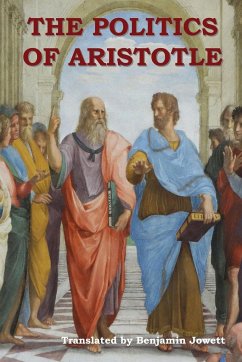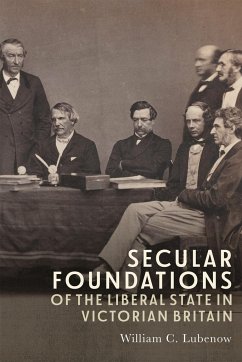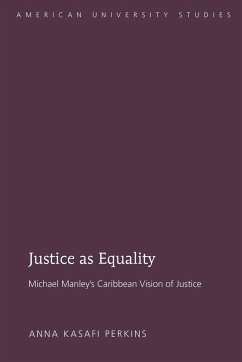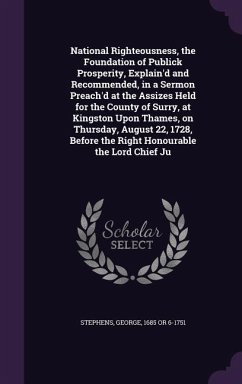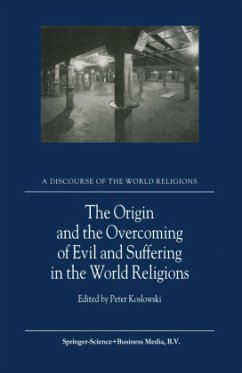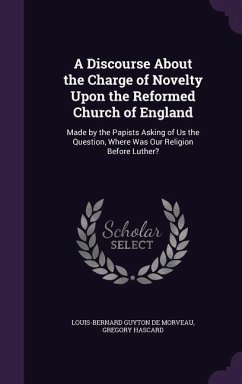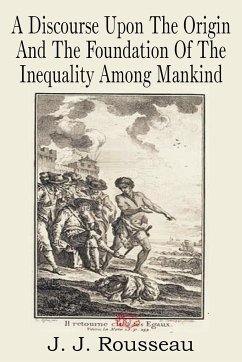
A Discourse Upon the Origin and the Foundation of the Inequality Among Mankind
Versandkostenfrei!
Nicht lieferbar
Weitere Ausgaben:
Discourse on the Origin and Basis of Inequality Among Men (Discours sur l'origine et les fondements de l'inégalité parmi les hommes) by philosopher Jean-Jacques Rousseau discusses two types of inequality, natural or physical and moral or political. Rousseau's focus is given more to moral inequality than of the natural inequality, the natural being that which involves differences between one man's strength or intelligence and that of another as a product of nature. He argues that moral inequality is endemic to a civil society and causes differences in power and wealth. Rousseau take a cynical...
Discourse on the Origin and Basis of Inequality Among Men (Discours sur l'origine et les fondements de l'inégalité parmi les hommes) by philosopher Jean-Jacques Rousseau discusses two types of inequality, natural or physical and moral or political. Rousseau's focus is given more to moral inequality than of the natural inequality, the natural being that which involves differences between one man's strength or intelligence and that of another as a product of nature. He argues that moral inequality is endemic to a civil society and causes differences in power and wealth. Rousseau take a cynical view of civil society, and refers to times before the current state, when man was closer to his natural state, as happier times for man. He sees civil society is a trick perpetrated by the powerful on the weak in order to maintain their power or wealth. Jean-Jacques Rousseau was an 18th-century Genevan philosopher, writer, and. His political philosophy heavily influenced the French Revolution, the American Revolution and the overall development of modern political, sociological and educational thought.






